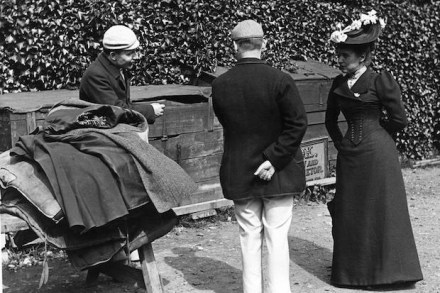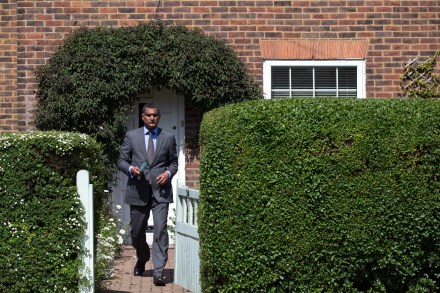Michael Gove vs. the ‘creaking’ legal establishment — round one
Members of the legal profession who were hoping Michael Gove’s time would be consumed trying to solve the Human Rights Act puzzle will be disappointed. In a speech to the Legatum Institute this morning, the Justice Secretary confirms he will be bring the same reformist zeal to Britain’s legal system as he did to education. Gove’s main concern, according to the extracts of the speech pre-released, is that our justice system at present is tipped too much in favour of the wealthy. Similarly to the rest of the government’s agenda, he wants a One Nation legal system: ‘There are two nations in our justice system at present. On the one hand, the wealthy, international class


















